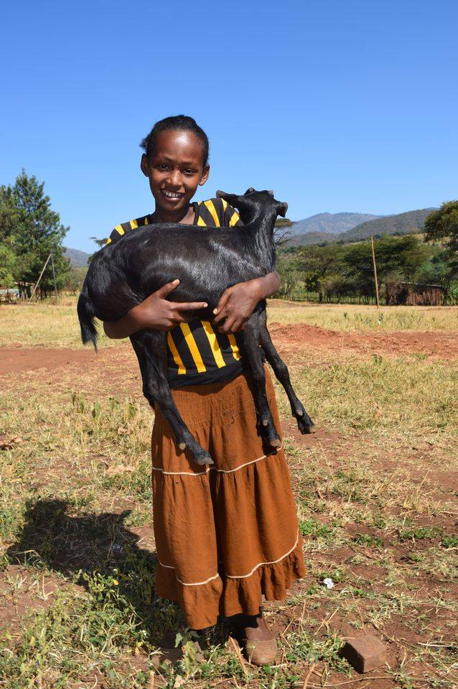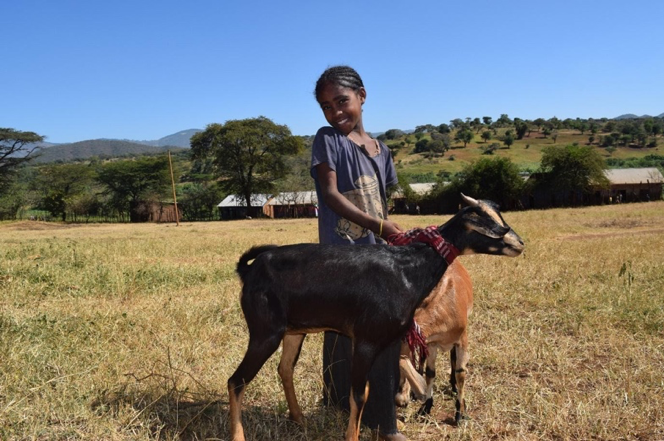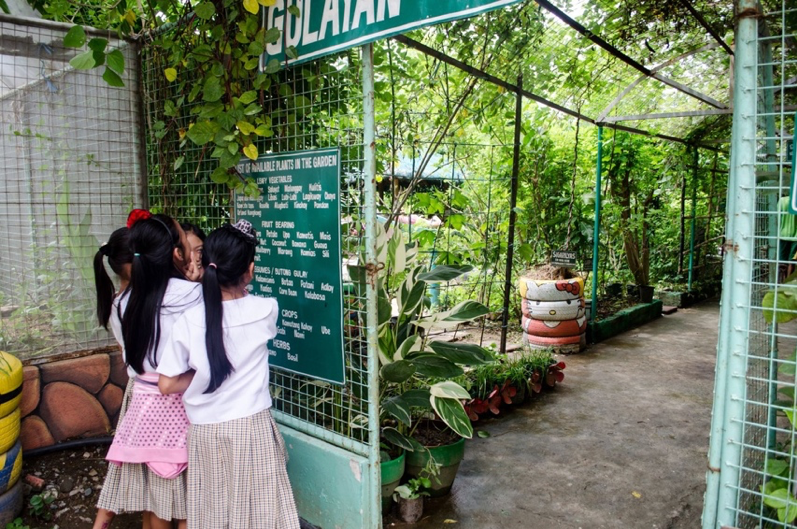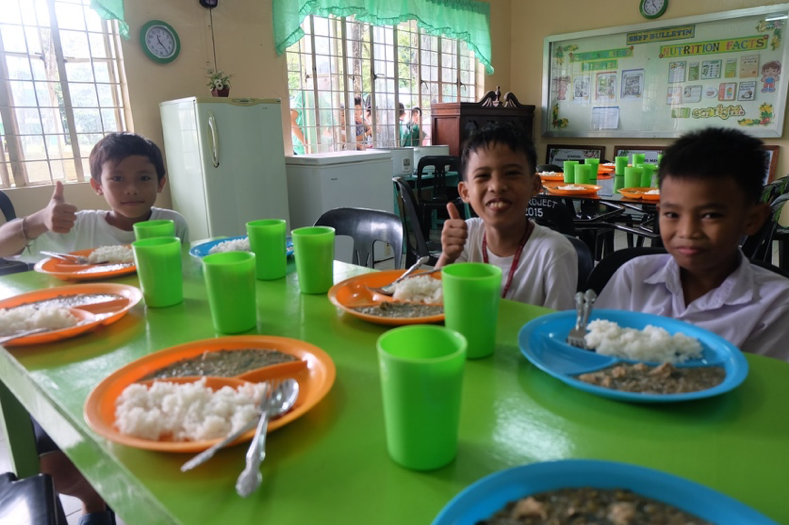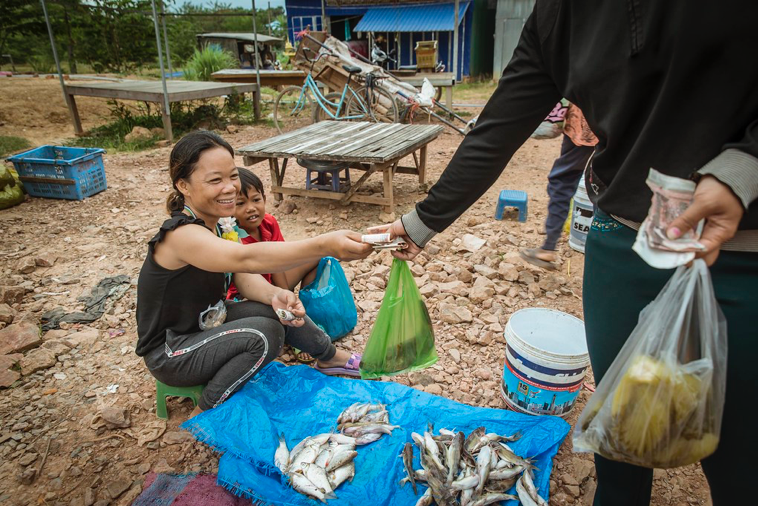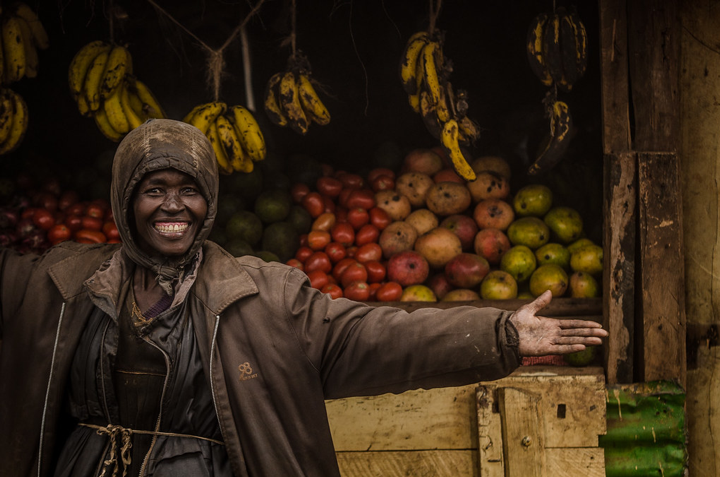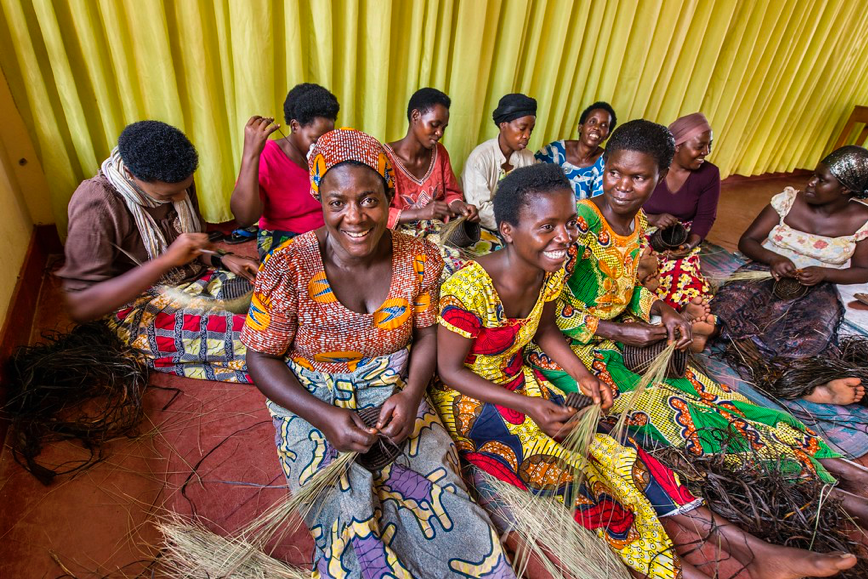How it works
Choose a project
Choose to raise funds for either a Health, Education, or Economic Empowerment project.
Set a goal
Decide how much you aim to raise and in what amount of time.
Share your Campaign
Spread the word on social media about your campaign.
Current Projects
Education: Goats4Girls
Short Description: Goats4Girls is a life-changing and sustainable initiative, designed to empower rural families in Sub-Saharan Africa and allow them to send their girls to school. For just $100, IIRR provides a rural family with two goats which allows them to generate enough income to keep their girls in school. This program not only prevents girls from falling victim to risks of human trafficking and early marriage but also allows them to secure their futures. Goats4Girls uses a sustainable resource, and as the goats breed, the impact of the program multiplies exponentially over time.
Long Description: In 2018 60% of girls in Sub-Saharan Africa did not enroll in secondary education. Gender inequalities in education have been heightened by the COVID-19 pandemic. The most marginalized girls will be forced out of education to support their families in the aftermath of the pandemic, and they can fall victim to risks of human trafficking or early marriage.
Goats4Girls is a life-changing and sustainable initiative, designed to empower rural families in Sub-Saharan Africa and allow them to send their girls to school. For just $100, IIRR provides a rural family with two goats which allows them to generate enough income to keep their girls in school. This program not only prevents girls from falling victim to risks of human trafficking and early marriage but also allows them to secure their futures. Goats4Girls uses a sustainable resource, and as the goats breed, the impact of the program multiplies exponentially over time.
Health: School Nutrition
Short Description: IIRR’s School Nutrition program is a sustainable initiative that uses three main pillars in order to feed and educate students across Asia: crop museums which use bio-intensive gardening (a sustainable farming practice), food education in order to teach children the importance of farming and nutrition, and supplementary feeding which uses the crops grown in order to feed children during the school day.
Long Description: Studies show that school meals are often the healthiest that children eat all day. Providing this important resource is proven to improve children’s quality of life and nutrition in the short term, and also to improve gender equality, reduce poverty, and ultimately increase productivity which drives social and economic growth.
IIRR’s School Nutrition program is a sustainable initiative that uses three main pillars in order to feed and educate students across Asia: crop museums which use bio-intensive gardening (a sustainable farming practice), food education in order to teach children the importance of farming and nutrition, and supplementary feeding which uses the crops grown in order to feed children during the school day.
Just $100 unlocks 256 meals for students in school – and your contribution to the gardens multiplies over time as the resource provides consistent meals and everlasting educational tools for students over the years.
Economic Empowerment: Cash Transfers
Short Description: It is often said that individuals know how best to allocate their own resources in their own communities. In the last several years, cash transfers have been implemented as key elements of poverty reduction and social protection strategies.
IIRR is committed to scaling up its current cash transfer program in Asia and Africa, providing immediate relief to those in the rural areas where we work. As this program multiplies it can create rippling, long-lasting effects in the community as a whole.
Long Description: It is often said that individuals know how best to allocate their own resources in their own communities. In the last several years, cash transfers have been implemented as key elements of poverty reduction and social protection strategies.
There is an overwhelming amount of evidence that cash transfers are associated with reductions in monetary poverty, with an increase in total – as well as food – expenditure. Cash transfers are also associated with an increase in school attendance, as well as general self-sufficiency and economic autonomy. Furthermore, cash transfers can help women find autonomy in the household when it comes to marriage and fertility, as well as decrease violence in the home.
IIRR is committed to scaling up its current cash transfer program in Asia and Africa, providing immediate relief to those in the rural areas where we work. As this program multiplies it can create rippling, long-lasting effects in the community as a whole.
Popular campaigns
[wpcf_popular_campaigns limit=”3″ column=”3″ order=”DESC” class=””]


